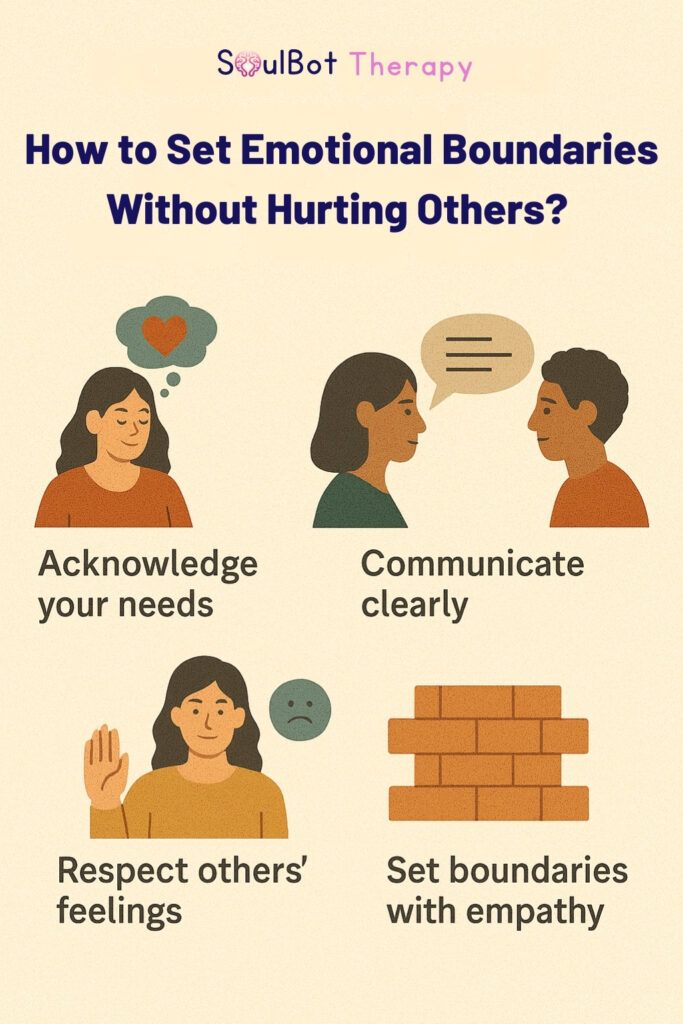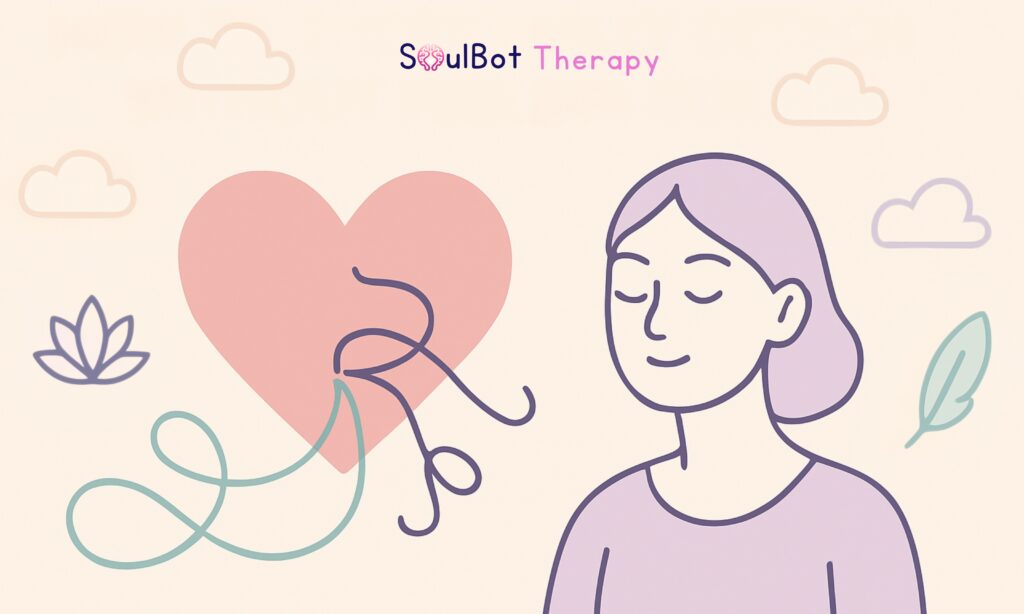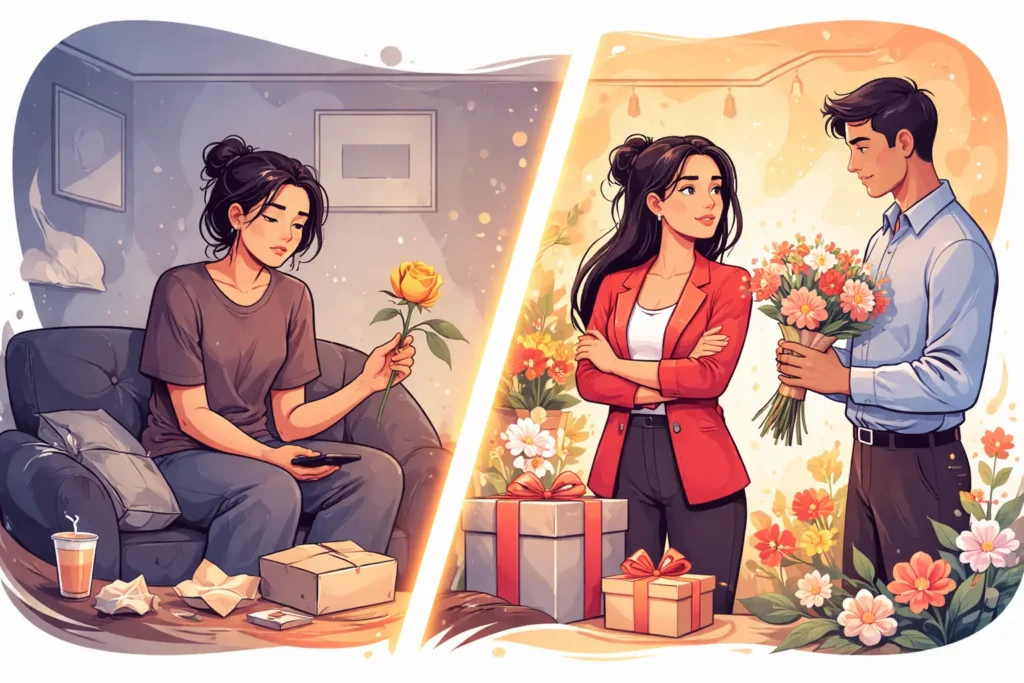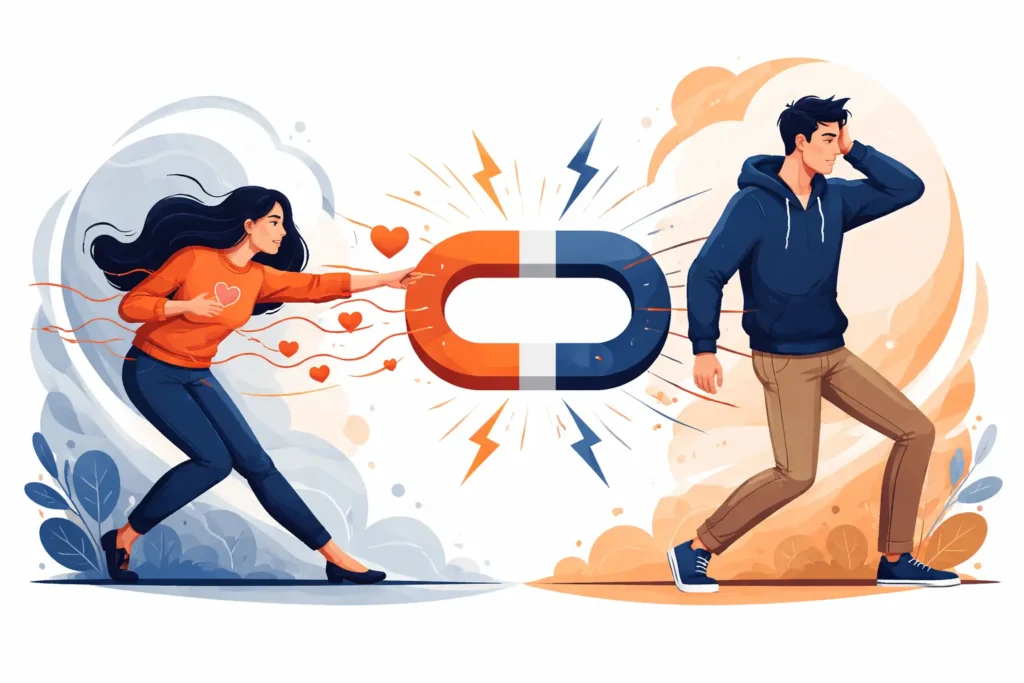Self-preservation isn’t selfish; it’s survival. Yet many of us feel guilty when we create space for ourselves, especially in relationships where emotional demands run high. The truth? Putting yourself first is essential for your mental health, emotional resilience, and long-term happiness.
This guide will help you understand what self-preservation really means, why it’s not the same as selfishness, and how to set emotional boundaries that let you protect your peace without feeling like the bad guy.
🧠 Want to know how firm your boundaries really are?
Take our Emotional Boundaries Self-Assessment and discover where you stand. Your results might surprise you. Start the assessmentWhat Is Self-Preservation in Relationships?
In relationships, self-preservation means safeguarding your emotional, mental, and physical well-being even when it means stepping back. It’s about protecting your peace while still valuing connections.
Unlike shutting people out, preserving yourself is a conscious choice to engage only in ways that support your mental health coping skills. It’s the difference between burnout and balance.
Why Do We Feel Guilty for Practicing Self-Preservation?
Guilt often comes from societal conditioning, the idea that being “good” means putting others first, always. But when you ignore yourself, resentment builds, and you lose emotional resilience.
The key is reframing guilt into gratitude: gratitude that you have the clarity and courage to protect yourself.
💡 SoulFact: According to the APA, setting boundaries is a proven method for reducing stress and preventing emotional burnout.
How Do You Set Emotional Boundaries Without Hurting Others?
Healthy emotional boundaries are the cornerstone of self-preservation. Try:
- Saying no without over-explaining.
- Communicating what you can and cannot offer.
- Use relationship detachment techniques when conversations turn toxic.
Boundaries aren’t walls they’re filters that let in what nourishes you and block what drains you.
What If the Relationship Is Toxic?
If you’re constantly drained, disrespected, or controlled, letting go of toxic relationships becomes part of your self respect plan.
- Limit contact.
- Avoid emotional baiting.
- Build emotional resilience by focusing on your support system.
It’s not about revenge, it’s about release.
How to Emotionally Detach Guilt-Free?
Emotionally detach guilt-free by pairing yourself with compassion. Recognize that stepping back doesn’t make you cold; it makes you capable of showing up better for the people who truly matter.
Use mental health coping skills like journaling, meditation, and grounding exercises to maintain clarity during the process.
💡 SoulFact: The Harvard Health Blog notes, saving your mental energy through self-preservation can reduce chronic anxiety and improve emotional health. Explore here.

What Are the Best Relationship Detachment Techniques?
Some effective relationship detachment techniques include:
- Limiting digital interactions.
- Focusing on personal goals and hobbies.
- Practicing mindfulness to prevent emotional reactivity.
Over time, these habits strengthen your self-preservation muscles and help you feel more in control.
Final Thought- Self-preservation is Important
Self-preservation is a form of self-respect. You can love deeply and still step back when needed. You can care for others without abandoning yourself. The guilt fades, but the benefits of freedom, peace, and emotional resilience last a lifetime.
💬 Need a safe space to talk it out?
Chat with SoulBot right now for instant, judgment-free emotional support — anytime, anywhere.







